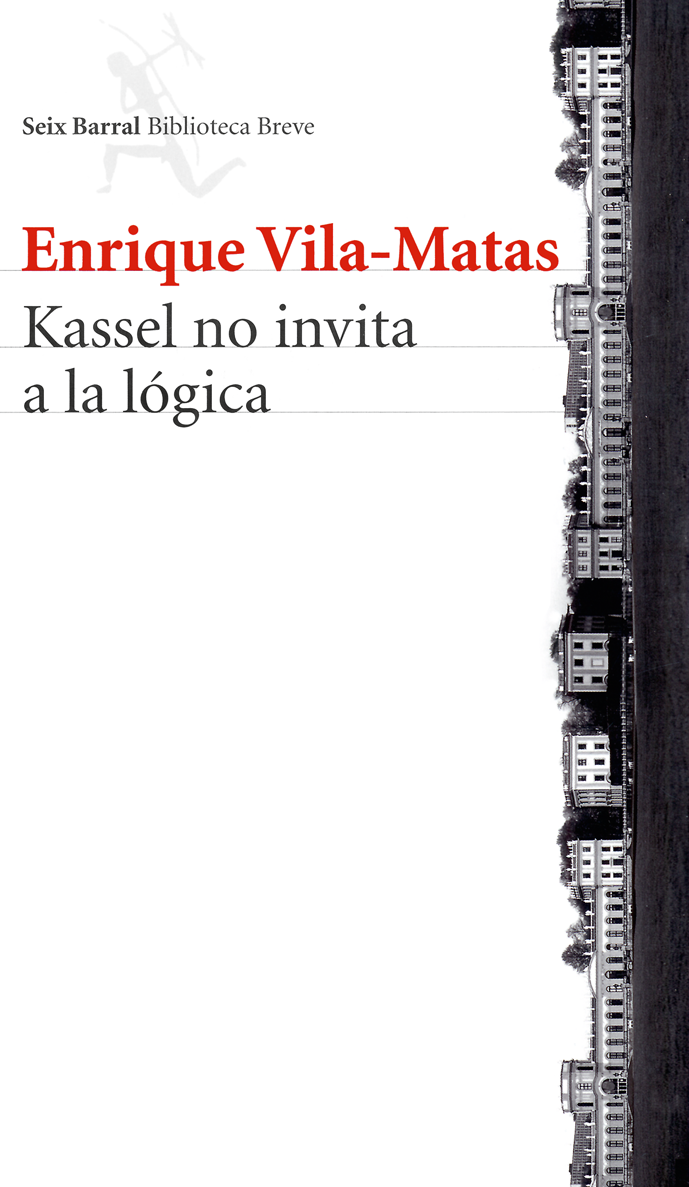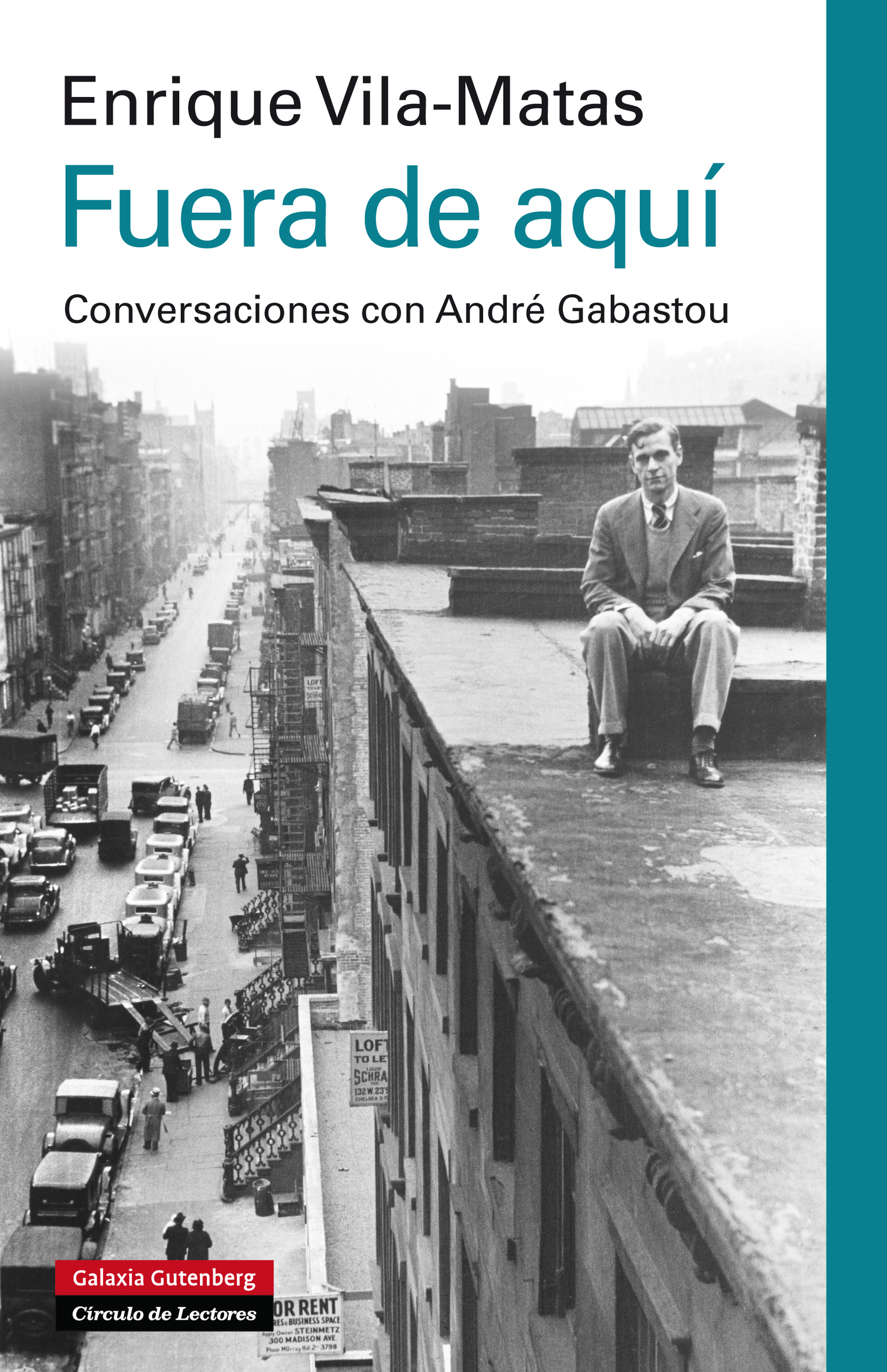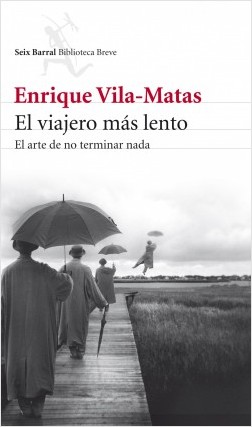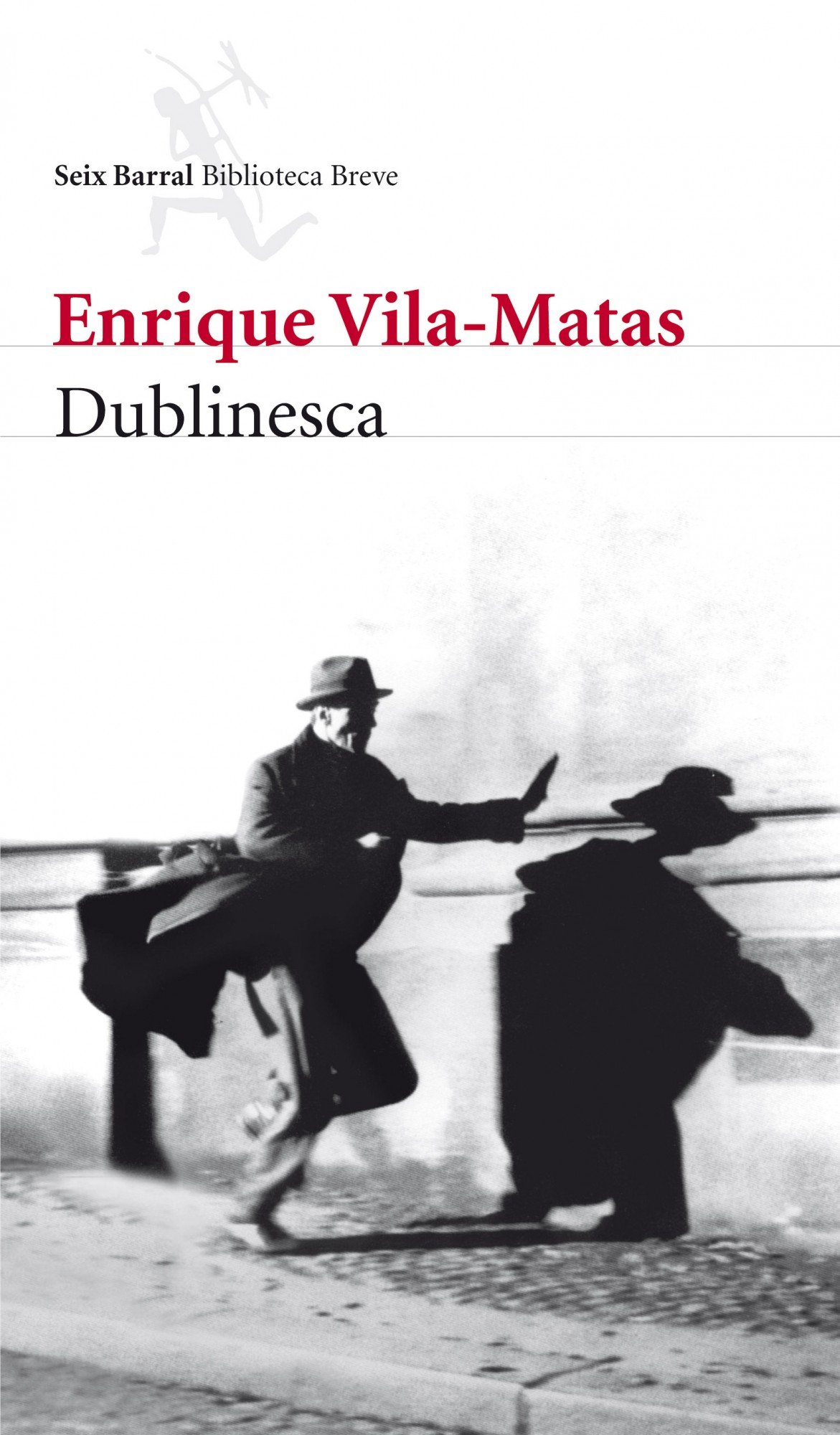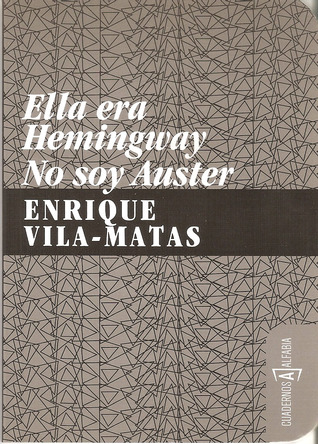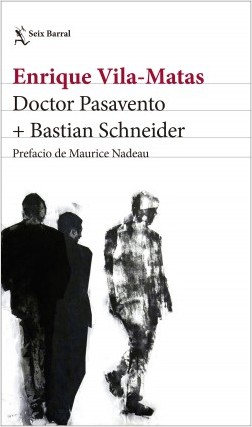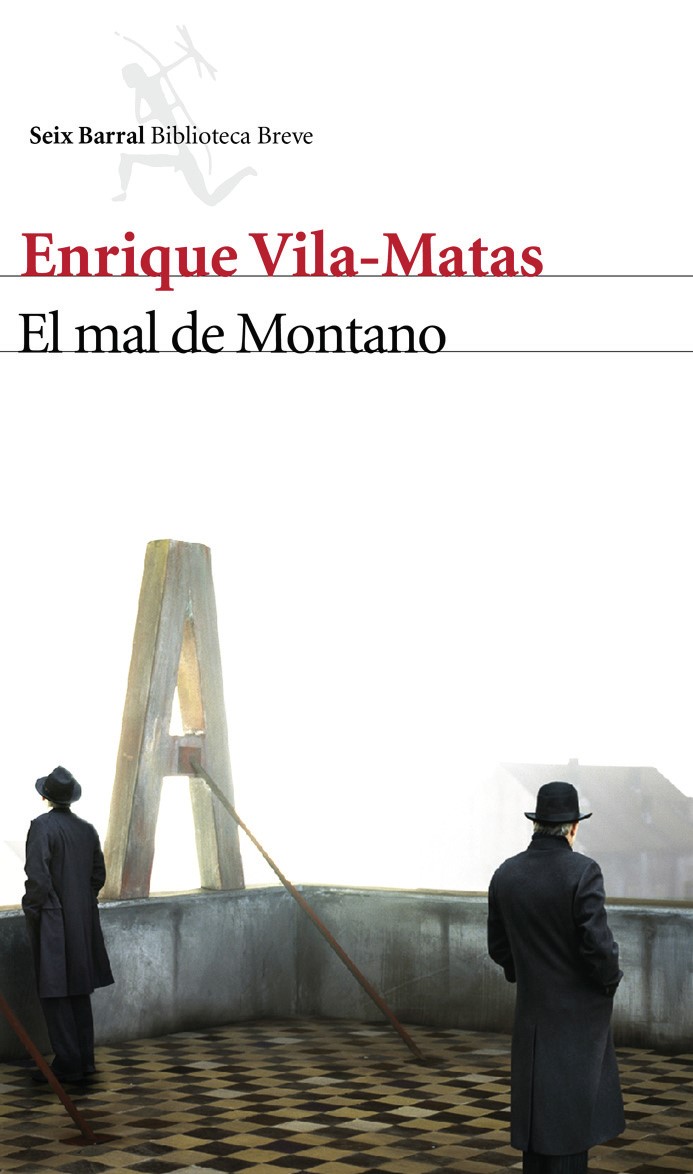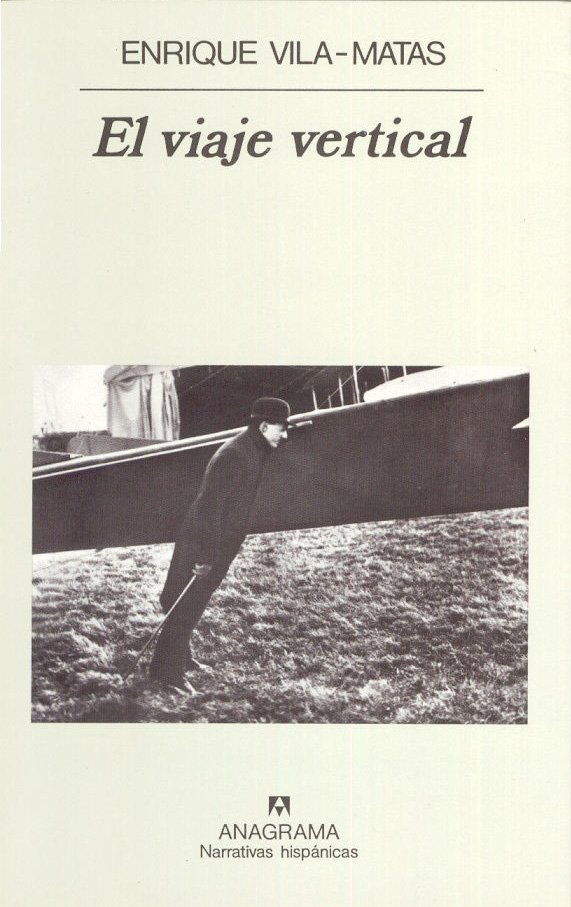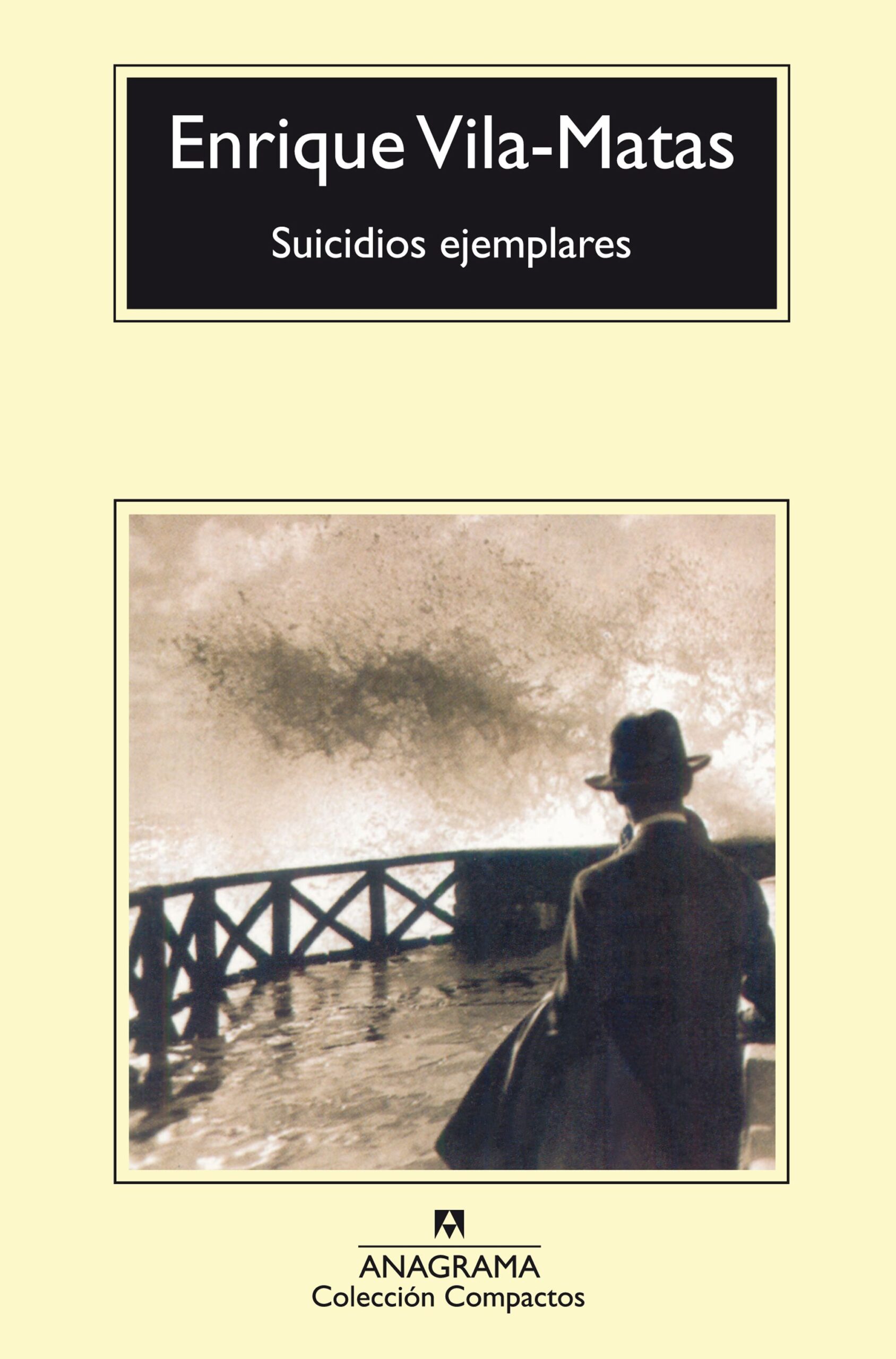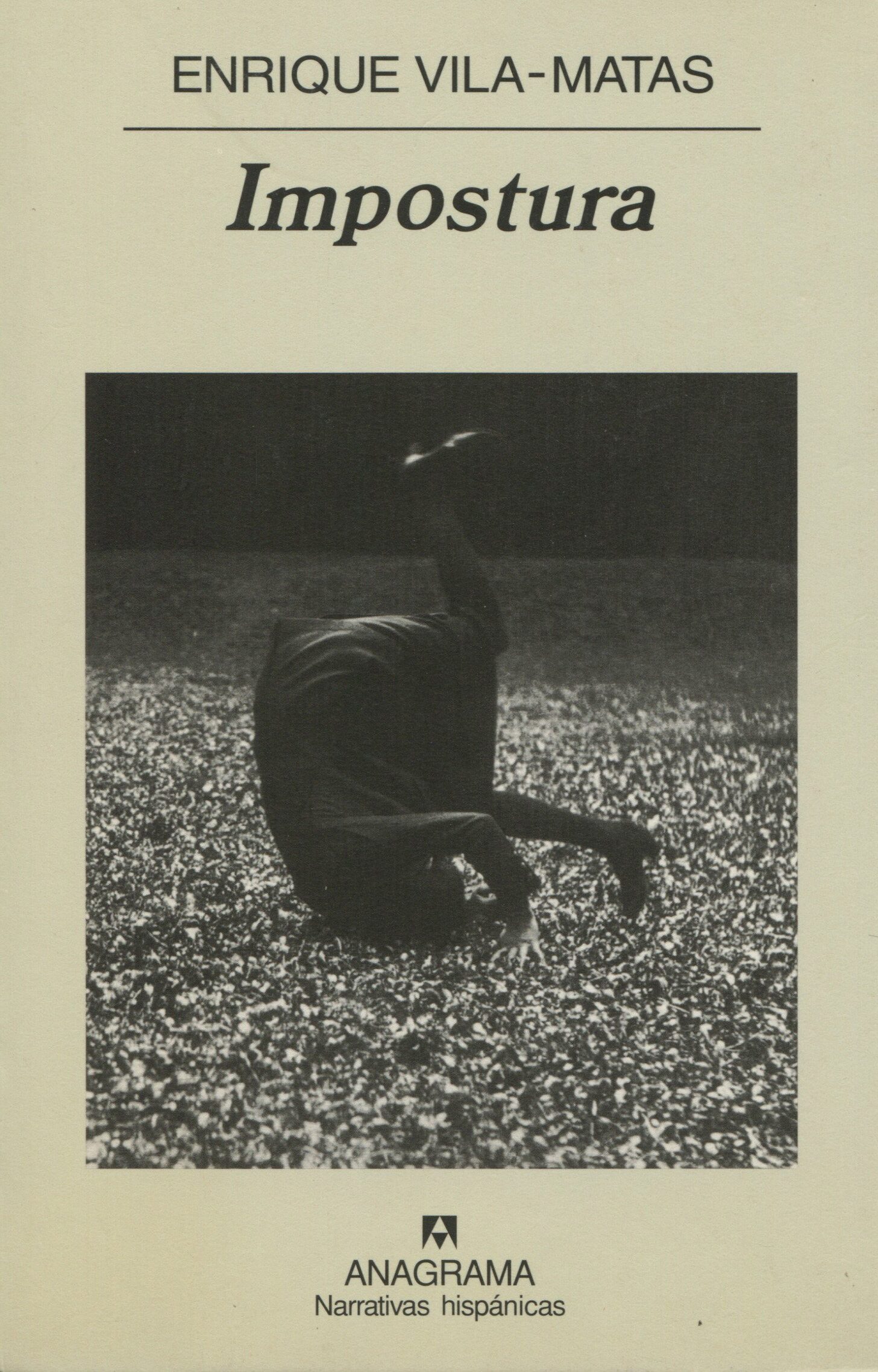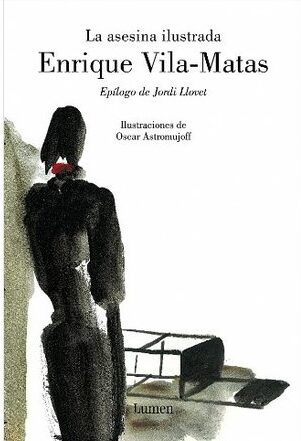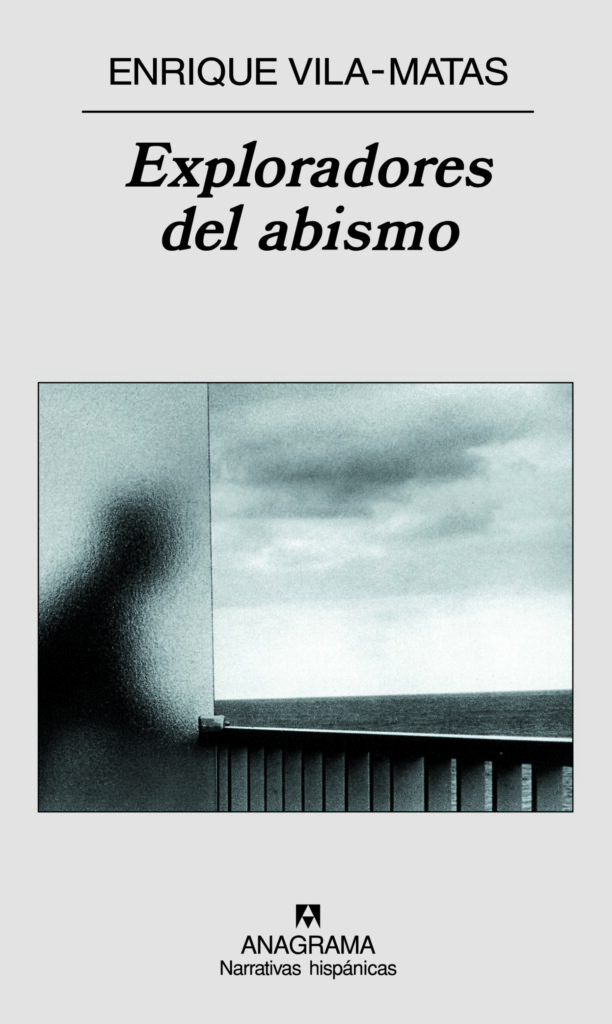
Exploradores del abismo
Explorers in the Abyss | Anagrama, 2007
“What are you writing?” they asked Enrique Vila-Matas one afternoon. After Doctor Pasavento, the writer was living with a permanent feeling of being at a dead end; that he had reached the end of a certain route and the abyss was opening up in front of him. “I’m writing the title of a book”, he answered. The title was Exploradores del abismo. Over the next few days, a series of stories related to the suggestions of this title began to emerge. The whole book is an exploration of the abyss, and as the title itself indicates, it deals with stories featuring characters on the edge of the cliff, people on the edge of the cliff, who entetain themselves on the edge and study, investigate, analyse it.
The explorers are obviously a metaphor for the human condition. They are optimists and their stories are generally those of normal people who, on seeing themsleves verging on the edge, adopt the position of expedition members and sound out the possible horizon, investigating what may lie outside of here, or beyond our limits. They are not especially modern, and they generally frown upon the existential weariness than is so fashionable. Rather, they are somewhat old-fashioned and very active people who have an uninhibited and direct relationship with the void. Sometimes this void is central to the story and at other very different times, the abyss becomes merely a pretext for writing the story.
In fact, the stories in this book all search to bridge the admirable abyss, that is patiently explored in all possible directions through subtly connected stories: stories crossed by the enigmatic and sinuous silhouette of a tightrope walker, whose path traces the unstable but consistent wire that, with a strange and beautiful internal coherence, draws together the stories that make up this return by Enrique Vila-Matas to short narrative. But it is also an unclassifiable book, as far removed from the conventional novel as from the typical collections – always so suspicious – of done and dusted stories. In the end we are definitely a lot less lost than at the beginning, but we are also closer to a new abyss. And we get an intuition, as Canetti would say, that the explorers no longer know how to return from the map. And we get another intuition that readers of Vila-Matas will avidly take up this dazzling book.
«Although Vila-Matas endeavors to seem like a normal writer in these stories, it’s clear that he’s unable to do so, because he was born to be an artist like few others.» J.M. Pozuelo Yvancos, ABC
«Not only one of the most unique works of European literature, but also one of the most fruitful.» Ricardo Menéndez Salmón
«(…) a book of extraordinary beauty.« J. Ernesto Ayala-Dip, Babelia
«In Exploradores del Abismo, Vila-Matas creates an exceptionally happy union between the two dimensions of his writing (…) he strikes a magnificent balance between the personal and the impersonal (…) ‘Literature can be intense, but life isn’t far behind,’ as we see in this superb collection, where each story is a surprise inspired by the melancholy of everyday life.» J.A. Masoliver Ródenas, Culturas, La Vanguardia
«At this stage of the expedition, there is a Vila-Matas Style that could not possibly be eradicated from the writer’s DNA: the hallmark of the truly great.» Rodrigo Fresán, Letras Libres
«Vila-Matas teaches a powerful lesson on how literature, when it is art, can dig into the crevices of life’s continuity.» Domingo Ródenas Moya, El Periódico
«The author weaves in and out of these stories, continually erasing the boundaries between reality and fiction.» Ricardo Senabre, El Cultural
«Enrique Vila-Matas’s latest book exhibits curiosity and irony, poking fun at boundaries and tired cliches. It’s a precise form of magic.» Carlos Zanón, Avui-Cultura
«… exciting, sensitive, intriguing, hair-raising writing.» Jesús Ferrer Solà, La Razón
Arabic: NCT Publishing; Brazil: Cosac Naify; France: Bourgois; Italy: Feltrinelli; Poland: Muza; Portugal: Teorema








